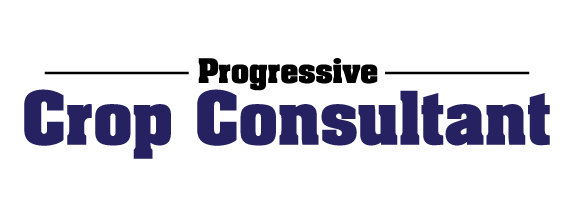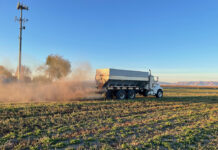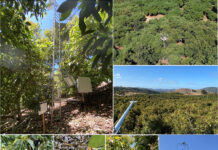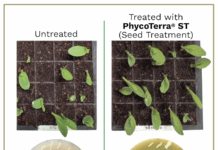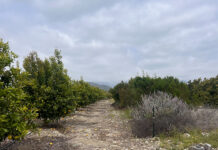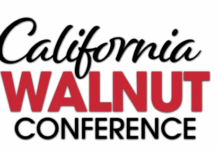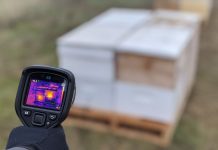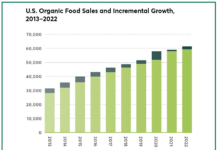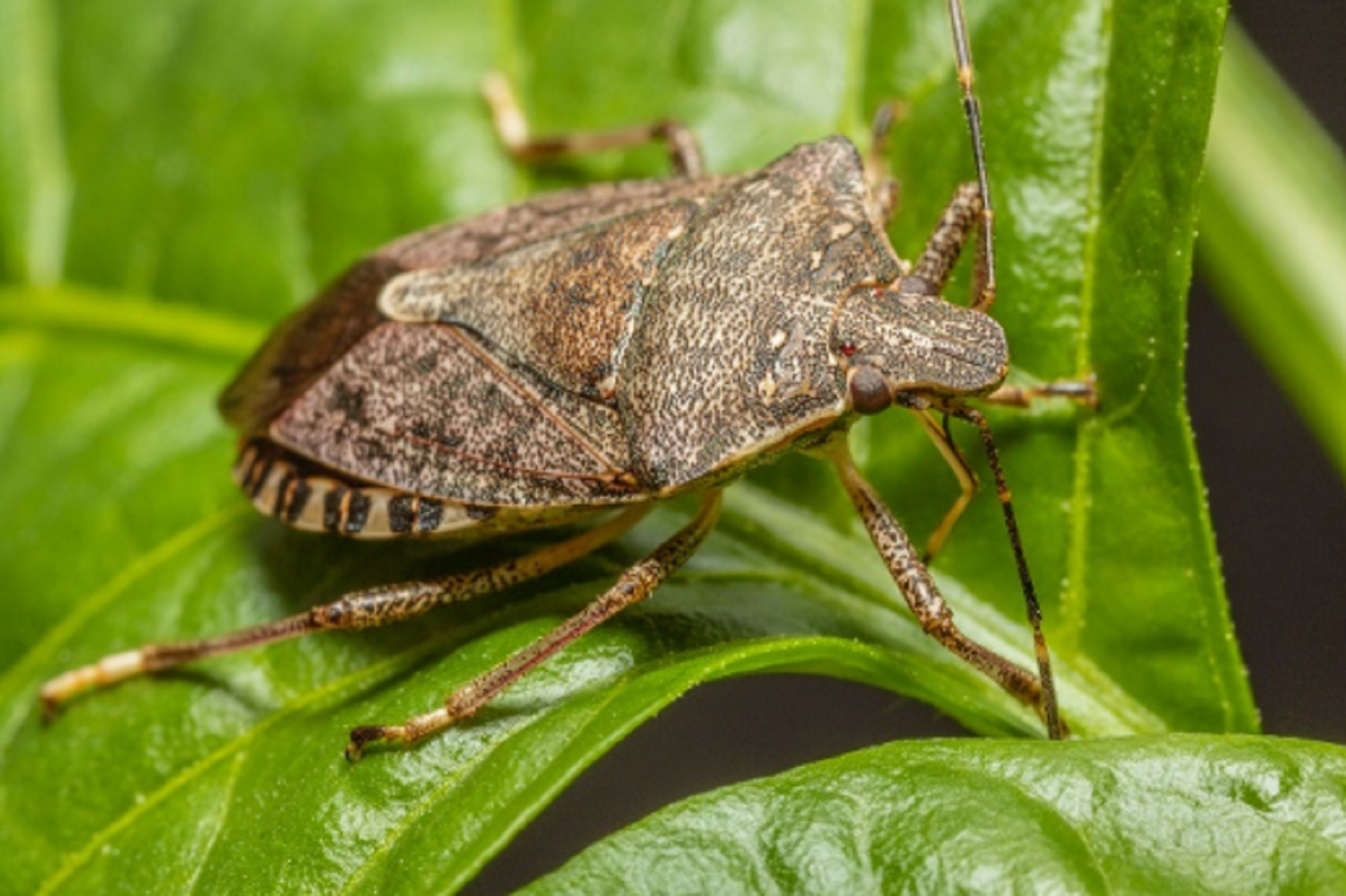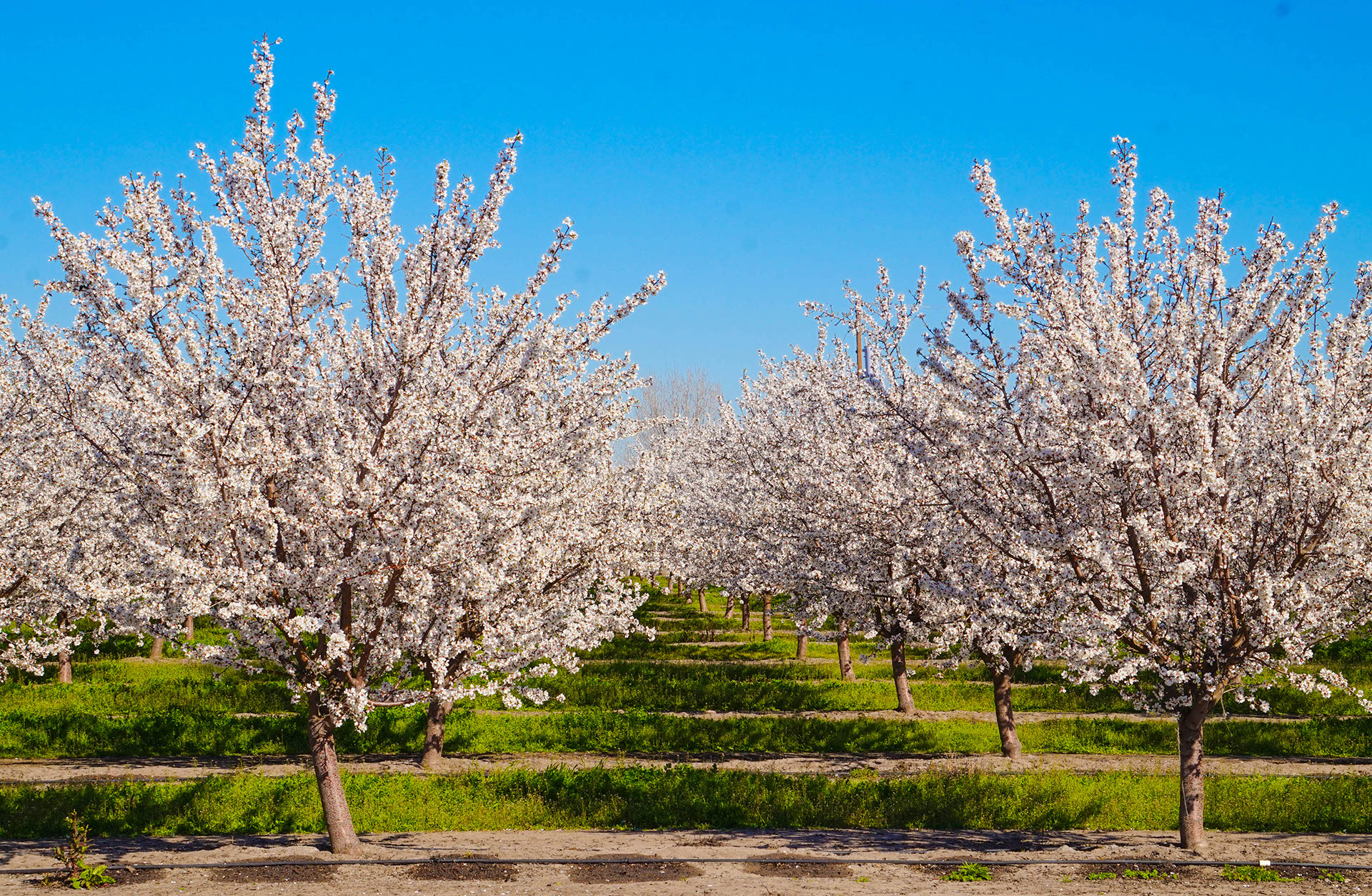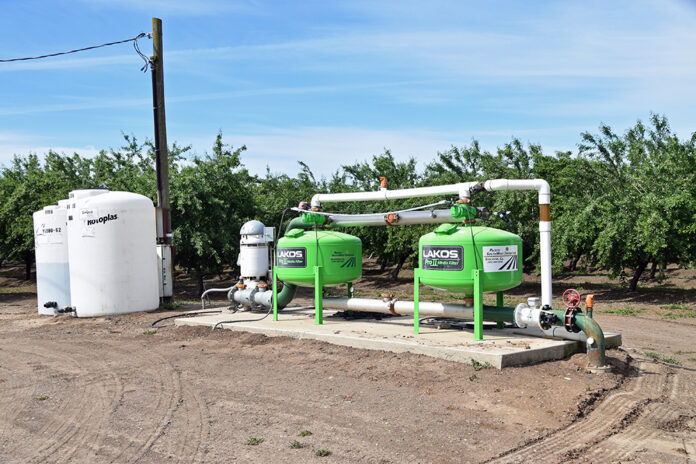
As water quality regulations intensify for California growers, the industry has drawn attention to crop consultants as a source of trusted knowledge and advice. Rigorous certifications, such as the Western Region Certified Crop Adviser (WRCCA), ensure the most qualified agricultural professionals are available to support growers in improving their farming operations through efficient practices and resource use. Because of their comprehensive knowledge in soil, water and nutrient management, crop consultants have been asked to play a role in helping California growers meet requirements of the Irrigated Lands Regulatory Program (ILRP).
Precedential Water Quality Requirements for Growers
ILRP regulates discharges such as nitrate from irrigated agriculture to protect surface and groundwater quality. ILRP covers over 6 million acres of irrigated lands in growing regions across California. Due to the diversity in production systems and water quality impairments across the State, regulations are generally handled on a regional basis. However, some reporting requirements set by the State Water Resources Control Board (SWRCB) serve as precedential requirements across all regions.
In 2018, SWRCB amended the waste discharge requirements for the East San Joaquin River Watershed. This ruling is referred to as the Eastern San Joaquin (ESJ) Order. SWRCB designated portions of the ESJ Order as precedential and directed the Regional Water Boards to revise their programs to be consistent with the precedential requirements. So far, almost all Regional Water Boards have updated their regulatory language to reflect the precedential requirements.
The precedential regulations include the requirement for all growers to complete Irrigation and Nitrogen Management Plans (INMP) and submit summary data to a third-party coalition or the Regional Water Board.
INMP reporting requirements serve two main purposes: The first is to help growers project the total amount of N a given crop will require over the season. Such planning can increase application efficiency and reduce the loss of N to surface and groundwater. Second, the data made available through the summary reports enable third-party coalitions to analyze the range of N application rates for each crop in the region. This allows the coalitions to identify any parcels that may be outliers and implement follow-up action to help reduce overapplication.
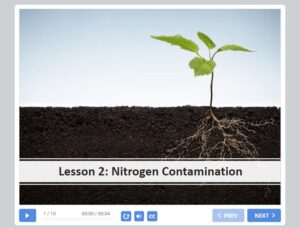
Role of Crop Consultants
The precedential requirements have increased the need for agricultural professionals trained in irrigation and nutrient management practices and technologies. CCAs have been identified to fill this need along with certified professional soil scientists, agronomists and agriculture irrigation specialists. Being familiar with the precedential requirements and completing INMP worksheets and summary reports adds value to your professional toolkit.
Additionally, growers in your region may be required to have INMPs certified by a specialist in irrigation and N management. The Regional Water Boards have discretion on requiring if all growers’ INMPs must be certified, or just a subset of growers, based on a risk categorization such as the low/high vulnerability area distinction. Currently, the Central Valley and Los Angeles Regional Boards require certification of plans for parcels located in high vulnerability areas.
To certify INMPs for growers in these regions, you must hold one of the following certifications:
- CCA with California Nitrogen Management Specialty
- Certified Professional Soil Scientist
- Certified Professional Agronomist
- Certified Agricultural Irrigation Management Specialist
By signing off on a grower’s INMP, you are certifying the INMP was prepared under your direction and supervision and that the data reported is, to the best of your knowledge, accurate and complete. Additionally, you are certifying that you used sound irrigation and N management planning practices to develop your recommendations and that the recommendations are informed by applicable agronomic training.
As a certifier, you are not responsible for any damages, loss or liability arising from subsequent implementation of the INMP by the grower in a manner inconsistent with INMP’s recommendations. The certification does not create any liability or claims for environmental violations.
Nitrogen Management Course and Specialty Certification for Crop Consultants
There are several trainings and resources available to crop consultants that cover the information needed to prepare a detailed and accurate INMP including the University of California’s Nitrogen Management Training for Crop Consultants.
The self-paced course covers N and irrigation management practices that reduce environmental impacts while maintaining crop productivity. Participants receive access to online videos covering a variety of topics, including N cycling, sources, budgeting, dynamics in California cropping systems, the environmental impacts of N loss, irrigation management and barriers to adoption of environmental practices.
The course offers 10 hours of CCA continuing education credits. While the course is designed for CCAs, anyone interested in learning more about N and irrigation management in California agriculture is welcome to participate. The course is open for enrollment through May 31, 2024 at https://ucanr.edu/sites/nitrogencourse/.
The course was created to provide CCAs with the specialized training and education necessary to obtain the California Nitrogen Management Specialty Certification (CA-NSp). The CA-NSp is for California-based CCAs who provide N management planning services to their clients and are interested in certifying INMPs. CCAs must pass the exam to obtain the specialty certification. After passing the exam, specialists must maintain their certification by meeting the continuing education requirements set by the CCA Program.
Individuals that participated in CDFA’s Nitrogen Management Training for CCAs prior to Oct. 1, 2020 were automatically awarded the specialty certification.
CDFA Irrigation and Nitrogen Management Training Program
CDFA’s FREP also offers a training that covers the basics of irrigation and N management and provides step-by-step instructions in completing INMP worksheets and summary reports.
The self-paced course and accompanying workbook were designed for growers required to complete INMPs and interested in self-certification. However, the training workbook is also available to crop consultants developing and certifying plans for growers. The digital workbook covers all the information provided in the training and includes exercises and additional resources (https://www.cdfa.ca.gov/is/ffldrs/frep/training.html).
Supporting Growers into the Future
As regulatory pressure increases, the demand for trained professionals will continue to rise. Taking part in a certification program like WRCCA helps demonstrate to growers that you have the knowledge and experience to provide sound advice in irrigation and nutrient management practices that will help them meet regulatory requirements. As crop consultants, it is important to stay up to date on the latest research and technology so we can support growers as they face the challenges of balancing profitability with environmental stewardship.
CDFA’s FREP provides funding for research, education and outreach projects focused on advancing agricultural nutrient and irrigation management practices. To receive updates on current and completed projects, FREP’s grant cycle and relevant irrigation and nutrient management events, subscribe to the FREP newsletter at www.cdfa.ca.gov/subscriptions/.

